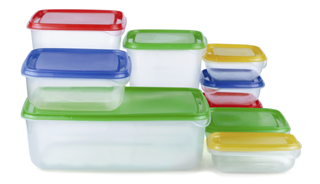2013 (205)
2014 (286)
2015 (207)
2016 (83)
2017 (254)
2020 (2)
2022 (1)
2023 (9)
2025 (1)


A newly published study is the first to report an association between bisphenol-A (BPA), a common plasticizer used in a variety of consumer food and beverage containers, with autism spectrum disorder (ASD) in children. The study, by researchers at Rowan University School of Osteopathic Medicine and Rutgers New Jersey Medical School, shows that BPA is not metabolized well in children with ASD. The research appears online in Autism Research.
The research team examined urine specimens from 46 children with ASD and 52 healthy control children for both free BPA and total BPA concentrations. Like many chemicals, BPA becomes water soluble when it is bound to glucose in the liver - a process called glucuronidation. Conversion to a glucuronide and then excretion of the glucuronide in the urine is a major pathway for removing toxins from the body.
From Psychiatry Advisor



